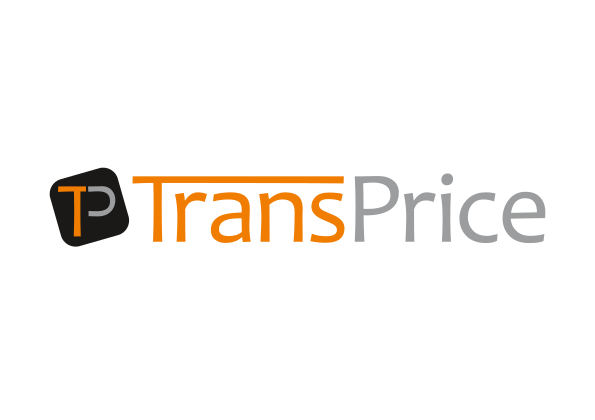Introduction
As businesses engage in cross-border transactions, ensuring tax certainty and compliance becomes increasingly important. In Malaysia, Advance Pricing Agreements (APAs) offer a valuable avenue for taxpayers to establish transfer pricing arrangements and mitigate potential disputes with tax authorities. In this blog post, we will delve into the provisions, application procedures, types, validity, and filing fees associated with APAs in Malaysia.
I. Relevant Provisions
Introduced in the Income Tax Act (ITA) in 2009, APAs provide taxpayers with the opportunity to seek agreements with the Inland Revenue Board (IRB) for cross-border related party transactions. Malaysia’s APA framework encompasses unilateral, bilateral, and multilateral APAs. The APA Guidelines 2012 outline detailed rules governing the application process and compliance requirements.
To be eligible for an APA, the applicant must be a company or permanent establishment (PE) subject to tax in Malaysia, with a turnover exceeding MYR 100 million. The proposed transactions covered by the APA must exceed MYR 25 million or account for at least 50% of turnover or total purchases. For transactions involving financial assistance, the amount must be at least MYR 50 million.
II. Application Procedure
Prior to submitting an APA application, taxpayers must request a pre-filing meeting with the Multinational Tax Department of the IRB. This meeting, which should take place at least twelve months before the intended APA coverage period, allows the IRB to assess the suitability of the application. During the meeting, various aspects are discussed, including whether the APA should be unilateral or bilateral, the scope of transactions, proposed transfer pricing methods, critical assumptions, coverage period, and potential roll-back provisions.
The application itself should be submitted using Form APA 1 [2009] and include comprehensive information such as taxpayer details, ownership structure, organizational charts, operational aspects, business nature, industry environment, transaction details, proposed transfer pricing methodology, supporting analyses, critical assumptions, and relevant supporting documents. It is crucial to provide a complete and well-documented application to increase the likelihood of approval.
III. Types of APAs Available
Malaysia offers the flexibility of unilateral, bilateral, and multilateral APAs. Unilateral APAs involve negotiations solely with the Malaysian tax authorities, while bilateral APAs require cooperation and negotiations with the tax authorities of the treaty partner country. Multilateral APAs involve multiple countries and aim to achieve consensus among all relevant tax authorities.
IV. Validity and Compliance
The minimum term for an APA is three years, with a maximum term of five years. In certain circumstances, roll-back provisions may allow the application of an APA to prior assessment years. To maintain compliance, taxpayers covered by an APA must submit an APA Annual Compliance Report within seven months of the relevant accounting period’s end. The IRB conducts annual compliance reviews to ensure adherence to the APA’s terms and assess the continued relevance of critical assumptions.
V. Filing Fee
Effective from January 1, 2018, an APA application incurs a non-refundable fee of RM5,000, as specified in the Income Tax (Advance Pricing Arrangement) (Amendment) Rules 2017. This fee covers the application and any related expenses incurred by the tax authorities. The same fee structure applies to APA renewals.
Conclusion
Advance Pricing Agreements in Malaysia provide an essential tool for businesses engaged in cross-border transactions to enhance tax certainty, mitigate disputes, and ensure compliance with transfer pricing regulations. By proactively engaging in the APA process, taxpayers can establish predetermined transfer pricing arrangements, minimize potential conflicts with tax authorities, and optimize their tax positions.
When pursuing an APA, it is crucial to prepare a well-documented application, engage in constructive pre-filing meetings, and adhere to the APA’s terms and compliance obligations. Collaborating with experienced professionals who specialize in international taxation and transfer pricing can significantly contribute to the success of the APA application process.
By leveraging APAs, businesses operating in Malaysia can navigate the complexities of transfer pricing regulations, reduce tax risks, and foster an environment of transparency and compliance in their cross-border transactions.
